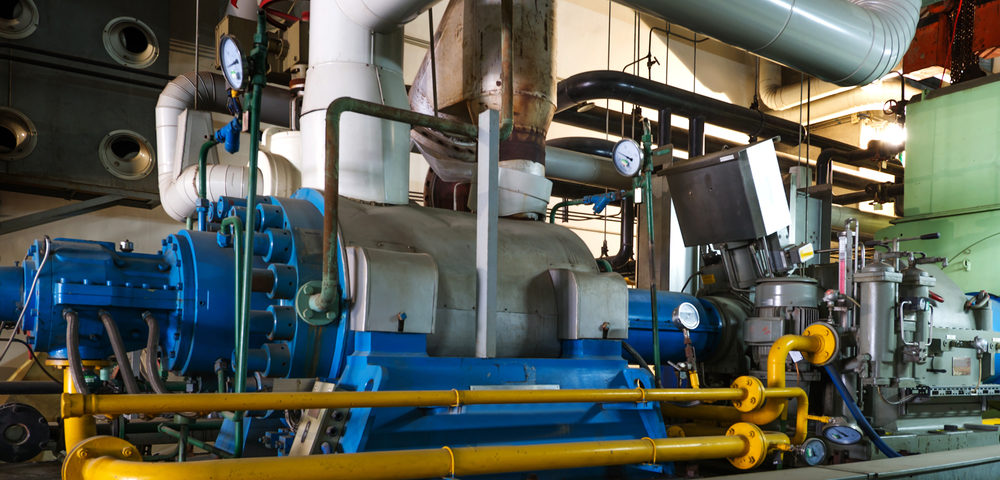Boiler efficiency can be calculated a number of different ways. One method is by taking the amount of heat captured and transferred to the water, and dividing by the total generated heat. If not transferred to the water the heat is considered lost and efficiency is reduced. Types of combustion losses include:
Blowdown Heat Losses – Blowdown heat losses occur when solids, such as soluble salts, accumulate on the sides of water passages within a boiler. If left to build-up, these deposits will hinder heat transfer and constrict flow. Blowdowns are used to clear passages of such obstructions but waste energy. Chemicals are often used reduce scaling and therefore lessen the frequency of blowdowns. Heat recovery equipment can also minimize losses from blowdowns but are generally only cost-effective for systems operating continuous blowdowns.
Radiant Heat Losses – Radiant heat losses also, or convection heat losses as they are sometimes called, manifest on the outer surfaces of the boiler, especially when ambient temperature is low. As load increases, the heat loss as a percentage of boiler output improves, the opposite is true as load decreases. Radiant heat loss can be minimized by better insulating boiler surfaces and by maintaining optimum boiler temperature.
Flue Gas Losses – Flue gas losses are the leading cause of heat loss in boilers. They occur when heated gas leaves the boiler via the stack. As boiler load increases, so does flue gas temperature. As flue gas temperature increases, so do flue-gas heat losses. Flue gas heat recovery is possible with the installation of specialized equipment. However, too much heat removal may lead to more water condensation and increased corrosion. Use of certain metals can protect against this.
Miscellaneous Heat Losses – Miscellaneous heat losses can also be an issue for cyclic boiler operations. Pre-purge and post-purge losses, for example, occur when removing unburned combustibles during shutdown and start-up. Natural-draft losses also take place during shutdown, as air flows through the boiler. Off-line shell losses happen when the system is not operating (this is generally a bigger problem in watertube boilers). In many applications, multiple small boilers may be more advantageous than fewer large boilers when it comes to minimizing losses.
